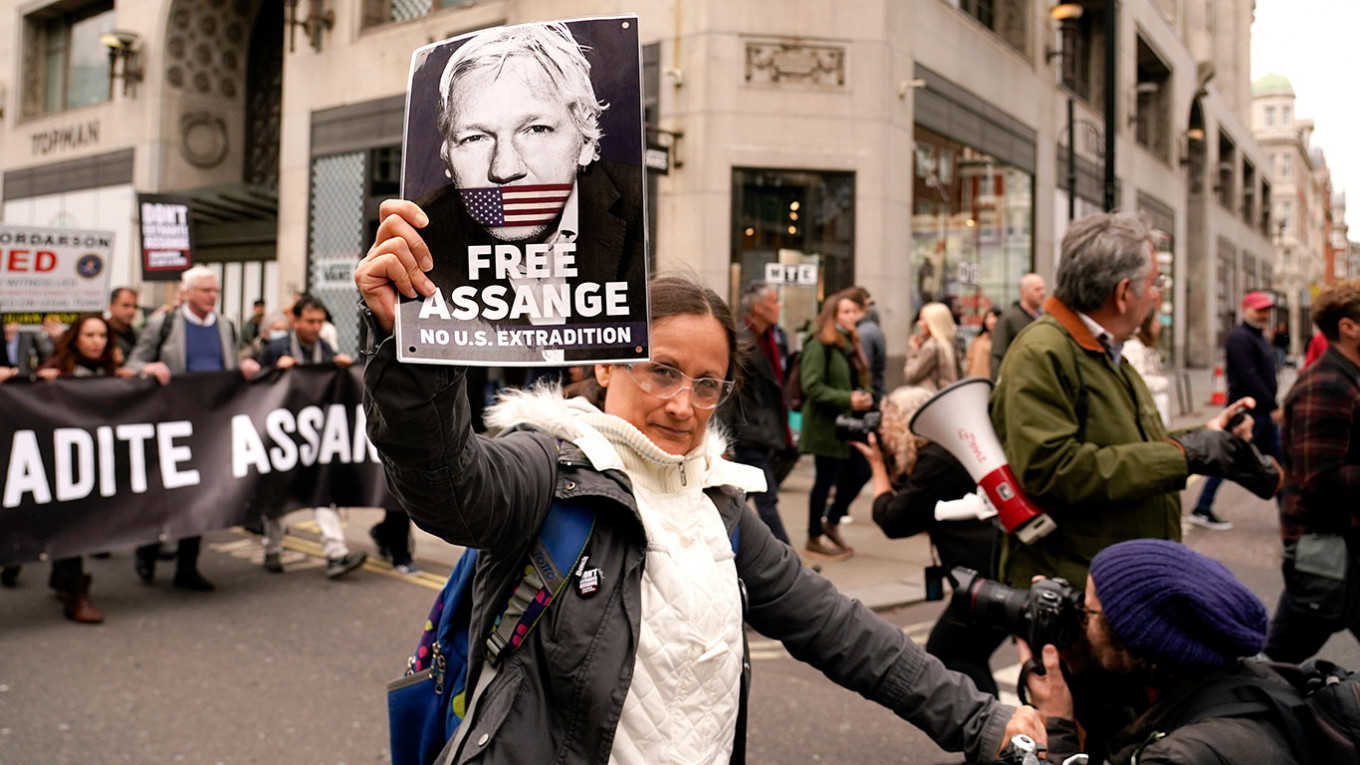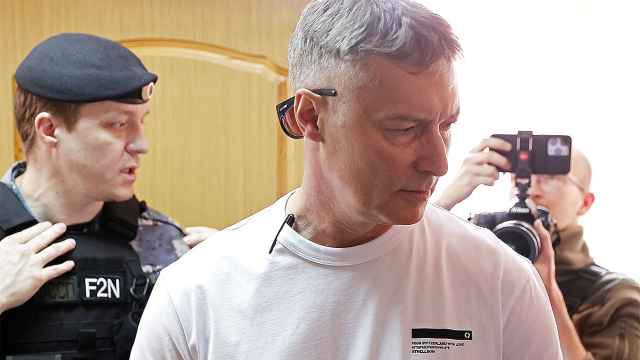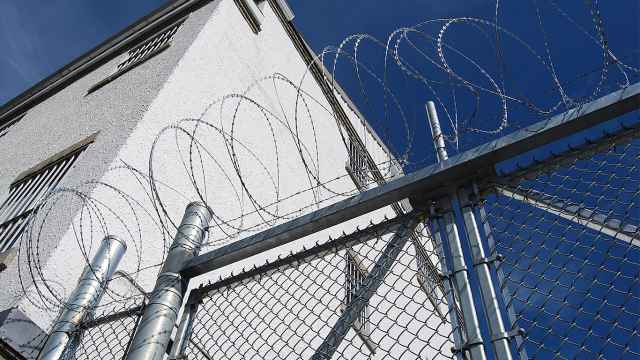Russian Foreign Ministry spokeswoman Maria Zakharova denounced as “shameful” a London court’s decision that will allow the extradition of WikiLeaks founder Julian Assange to the United States.
"This is a shameful verdict in a political case against a journalist and public figure, another manifestation of the Anglo-Saxon alliance’s cannibalistic worldview,” the outspoken Russian diplomat said on her Telegram channel Friday.
The U.S. on Friday won an appeal in London’s High Court against a January court ruling that said he could not be extradited due to concerns over his mental health.
Assange is wanted in the U.S. over allegations he broke espionage law and conspired to hack into government computers. He faces a possible prison sentence of up to 175 years in jail, his lawyers have said.
Commenting on the ruling, Wikileaks editor-in-chief Kristinn Hrafnsson said in a statement: "Julian's life is once more under grave threat, and so is the right of journalists to publish material that governments and corporations find inconvenient.
His supporters, including Russia, cast Assange — who had sought asylum in the Ecuadorian Embassy in London from 2012 until his arrest in 2019 — as an anti-establishment whistleblower being hunted by the United States since WikiLeaks started revealing classified U.S. military documents alleging the country’s misconduct in Afghanistan and Iraq.
"If there is a democracy, it must be a real one. Why did they jail Mr. Assange? Is that democracy?" Russian President Vladimir Putin said shortly after Assange’s arrest in London in 2010.
U.S. politicians have previously accused WikiLeaks of cooperation with Russian security services to interfere in its 2016 presidential elections, allegations the Kremlin has repeatedly denied.
A U.S. Senate report said that WikiLeaks “likely knew it was helping Russian intelligence” when it released hacked emails from the account of Hillary Clinton's campaign boss John Podesta in the run-up to the 2016 U.S. presidential election.
Fellow whistleblower Edward Snowden — himself wanted in the U.S. on espionage charges and who has been living in exile in Russia since 2013 — previously said he hoped Britain’s earlier refusal to extradite Julian Assange would mark "the end" of attempts to see Assange face trial in the U.S.
A Message from The Moscow Times:
Dear readers,
We are facing unprecedented challenges. Russia's Prosecutor General's Office has designated The Moscow Times as an "undesirable" organization, criminalizing our work and putting our staff at risk of prosecution. This follows our earlier unjust labeling as a "foreign agent."
These actions are direct attempts to silence independent journalism in Russia. The authorities claim our work "discredits the decisions of the Russian leadership." We see things differently: we strive to provide accurate, unbiased reporting on Russia.
We, the journalists of The Moscow Times, refuse to be silenced. But to continue our work, we need your help.
Your support, no matter how small, makes a world of difference. If you can, please support us monthly starting from just $2. It's quick to set up, and every contribution makes a significant impact.
By supporting The Moscow Times, you're defending open, independent journalism in the face of repression. Thank you for standing with us.
Remind me later.






